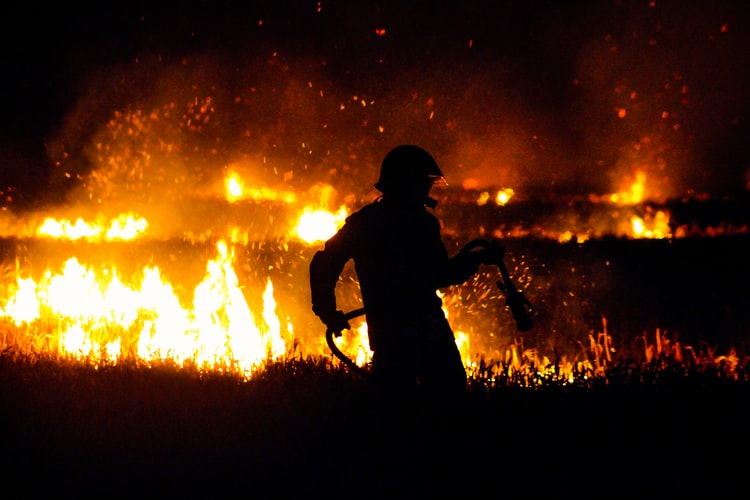(This is an adaptation of an article initially published by the authors as an op-ed in the Vancouver Sun, July 9, 2021)
During the summer of 2021 global heating paid the west coast a visit. A heat dome covered western BC for three days in late June and early July leaving an increase in sudden deaths of over 500 people and a rash of fires, one burning down the village of Lytton where an all-time high of 49.6 C was recorded on Tuesday, June 29. For 45 long and hot days no rain fell. At the same time, we burned with shame about the daily news of bodies being located in unmarked graves at the sites of former residential schools– 215 in Kamloops, 700 at the Marieval Residential School in Saskatchewan and 182 at St. Eugene’s Mission School in Lower Kootenay.
While not linked in their media coverage, these events are profoundly connected. They reflect the way, as new immigrants to this coast, we have pillaged the natural world and violated its original inhabitants who have lived here for millennia. While we have experienced many benefits in knowledge, health and longevity from the technological advances of the market economy and its extractive counterpart, we have radically underestimated the harms. The genocide of Indigenous peoples and the oppression of Indigenous cultures, as well as the damage to our environment are among these harms. This destructiveness has reached the point at which the very survival of all of our children and grandchildren is at issue, as well as everything we hold dear about our histories and cultures.
The time for hesitation, apologies and good intentions is through. We need to listen to Indigenous voices and heed their calls for justice. We need to learn from Indigenous wisdom. We need to learn from the Nations who have been caretakers of these beautiful lands for millennia while living in respectful reciprocity with and connection to all, living and non-living. We are running out of time to make the many changes that our long term well-being requires.
The harms we do to others and our habitat are harms that we do to ourselves. Many of the ills we experience from the opiate crisis to the many diseases that are caused or made worse by pollution stem from the violence we are visiting on one another and the Earth. This malaise is reflected in the massive spike in ER visits, hospitalizations and sudden deaths recorded during the recent heat wave and in the soaring rates of anxiety, depression and addictions among our young people. As the Canadian Institute for Climate Choices points out in its recently released Health Costs of Climate Change report in the years ahead, global heating will increase the frequency of weather-related disasters and accelerate permanent changes to landscapes and ecosystems. The psychological impacts of these changes will increase the risk of mental illness for many people across Canada, affecting mental health, eroding well-being, and imposing substantial costs on individuals and governments.
As citizens we need to:
- Deeply embrace Indigenous reconciliation as an immediate priority and an intrinsic dimension of responding to the climate emergency.
- Insist the federal government dissolve the Indian Act and co-author legislation with Indigenous leaders that facilitates Indigenous self-governance. and land claims. This is long promised and longer overdue.
- Urge that the provincial government co-author secondary and post-secondary curriculum with Indigenous educators that incorporates critical analysis of slavery, colonialism and racism, explicit recognition of the harms that have been done and the findings and recommendations of the Truth and Reconciliation Commission.
- Demand that governments at all levels respond to the climate emergency as an emergency.
As we write this from the unceded traditional and ancestral homelands of the xʷməθkʷəy̓əm (Musqueam), sḵwx̱wú7mesh (Squamish), and sel̓íl̓witulh (Tsleil-Waututh) Nations in Canada’s Northwest, ocean breezes carry rain clouds, bring relief from the heat and protect us from the intensity of the summer sun as they have for generations. If we can weave together the benefits of modernity with the wisdom of the Indigenous peoples’ profound ancestral connection to these lands, we can create a safe and healthy future for all. We are hopeful that we will make the much needed changes that will enable those that follow us to enjoy the beauty and bounty of this sacred place.
Arden Henley, Ed.D.,
Board Chair
Green Technology Education Centre
Linda Thyer, MD
Doctors for Planetary Health – West Coast


